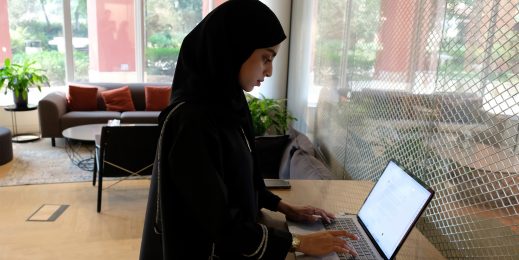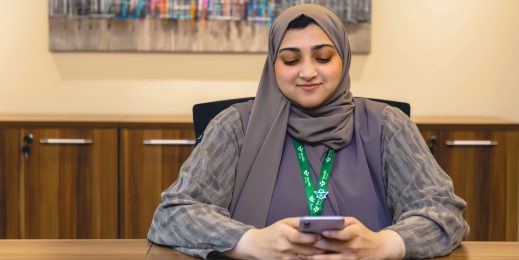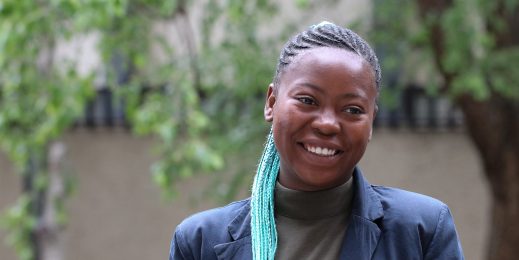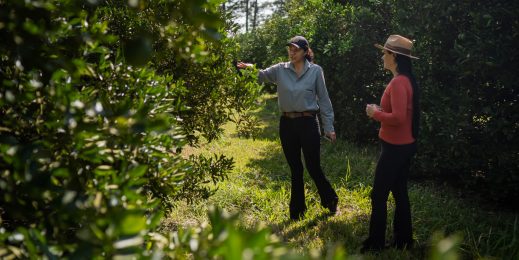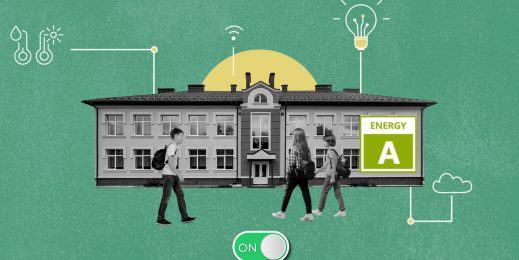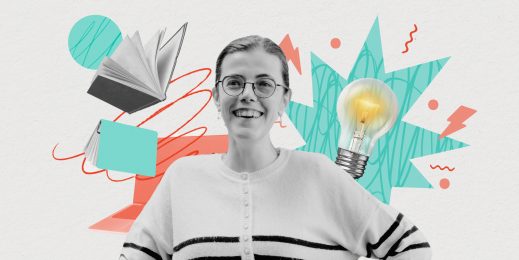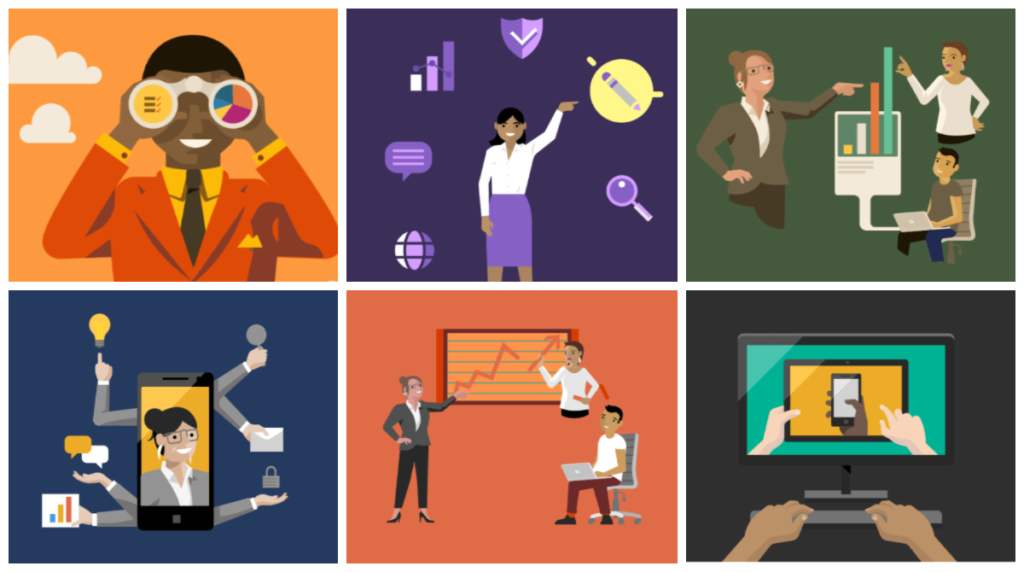
Why lifelong learning makes for top teaching
Every year, EU Code Week encourages young people across Europe to engage with computer science in a hands-on way. Computer science skills are increasingly in demand in Europe’s labor market, across all kinds of sectors. In fact, over 90 percent of all jobs now require basic levels of digital skills. Meanwhile the demand for skilled ICT professionals in Europe has grown by 4 percent annually in the past decade.
EU Code Week is the perfect time for young people to dip their toes into the world of coding and start building up their expertise. But as this year’s edition kicks off, we also want to recognize the teachers working not just this week, but year-round, to ensure that their students are equipped for future success.
We recently spoke to several teachers from across Europe about the skills they value most in their classrooms – and how they work to hone these skills using technology.
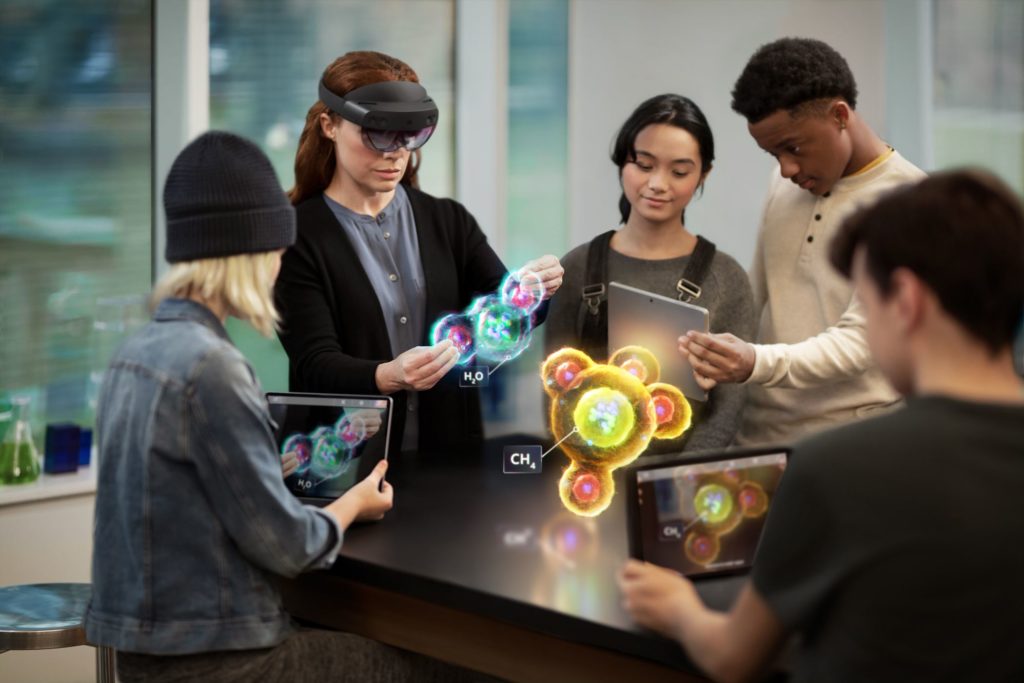
From honing soft skills to staying safe online
Tere Lorca Alhama, a Music and ICT teacher from Spain, highlighted communications and problem solving as her priority skills, alongside critical thinking and digital literacy: “When it comes to their online lives, we must give students the tools to interact safely and behave appropriately. Social media can be a powerful teaching tool, for instance, but children need to learn to use it first.”
For Nicos Paphitis, an ICT teacher from Cyprus, soft skills are important, but there’s also a need to adapt to different students’ needs. As his students tinker with Minecraft or explore a new programming language, they are in fact learning how to collaborate, rethink, troubleshoot and improve, all at their own pace. This is “deep learning”, as Nicos calls it, and it is where he sees students truly thriving and remaining engaged.
Such an environment fosters creativity, which is highly sought-after by employers. Łukasz Gierek, a teacher from Poland, whose school is part of the Microsoft Showcase Schools Program, highlights why this skill in particular takes center stage in his classroom: “Creativity and collaboration are the two most important skills for the next generation. Creativity is what makes us human. The more we use AI, the more we need to cultivate creativity.”
Creativity and collaboration are the two most important skills for the next generation
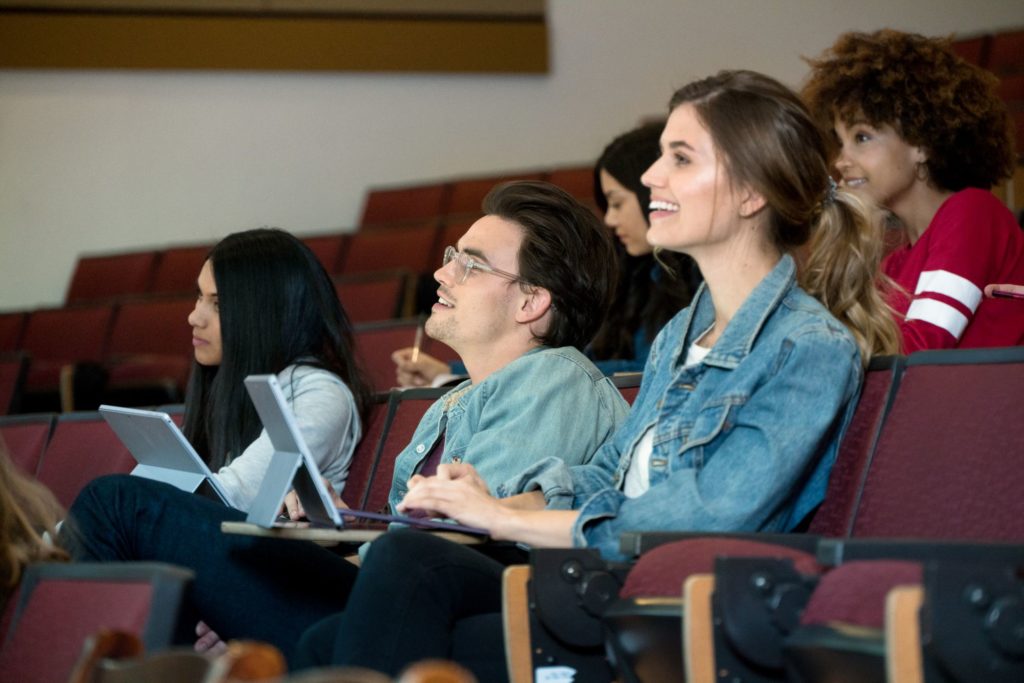
Upskilling tomorrow’s workforce starts today
From creativity to collaboration, problem solving to critical thinking, the workforce of the future will need a range of soft skills. Our Class of 2030 research found that tomorrow’s jobs are likely to require a mixture of digital skills, capabilities such as problem solving and analytical thinking, and social-emotional skills. Yet only 50 percent of students we surveyed possessed the crucial combination of digital, cognitive and social-emotional skills.
To plug this gap, it is vital to take a student-centric approach. Nicos finds that his students learn best when they are in control of their own learning journey – something that the students we surveyed agreed with. Yet for teachers, this can sometimes feel like an added burden on top of an already hectic schedule.
Technology can help in this regard, since it enables children to get more hands-on with the curriculum, while allowing teachers to focus on guiding students as they develop their own capabilities. Coding and programming activities in particular give students the opportunity to practice soft skills such as problem solving, teamwork and analytical thinking. For Łukasz, the key is to show, not tell: “We can’t just give students the answers; we need to give them the tools to do it for themselves.”
Supporting Europe’s teachers to become lifelong learners
Switching to a student-centric approach does entail some loss of control – and for some teachers, this can be scary, particularly if they feel out of their depth when it comes to their own level of digital skills. That is why lifelong learning and peer mentoring is so important.
Nicos says that being able to access free resources and materials through the Microsoft Education Community helps him keep up with digital developments, and apply them to his teaching, faster than he ever could alone. But it also allows him to pay it forward. He trains colleagues on how to get started using technology in their lessons and has built a network of in-school ambassadors to widen this impact: “Teachers need to feel that they are being supported and that there is someone to help them when they need it.”
Teachers need to feel that there is someone to help them when they need it

Łukasz and Tere are also peer mentors, training teachers of all different subjects to try new digital tools. For Łukasz, it comes down to teachers needing to be role models: after all, if they won’t take the plunge when it comes to trying new things, how can they expect students to do so?
Teachers like Nicos, Łukasz and Tere Lorca are just a few of the many brilliant European educators who go to great lengths to ensure that their students have the best possible shot at success in an increasingly digitized world.
Microsoft is proud to support these efforts: from training student teachers in Ireland to introduce coding to classrooms and helping Italian teachers learn AI and robotics online, to equipping Czech teachers with coding tutorials that they can easily embed into their lessons plans. We do this because we know that confident teachers make for confident classrooms. With the right support, they can unlock the next crop of creative thinkers, innovators and decision-makers. Just watch this space.
If you are a teacher and you want to learn more about how you can use technology to reinforce your students’ skills, join us at one of our EU Code Week local events or explore our online resources.






